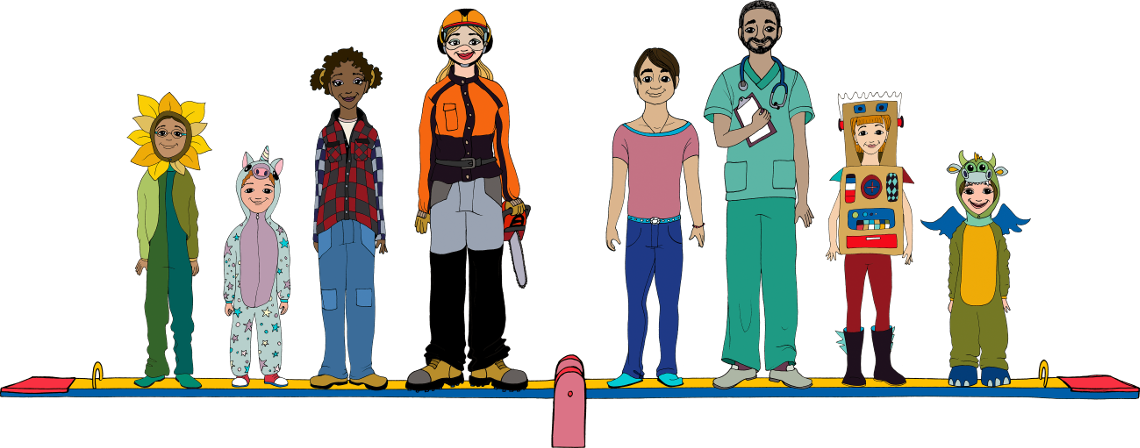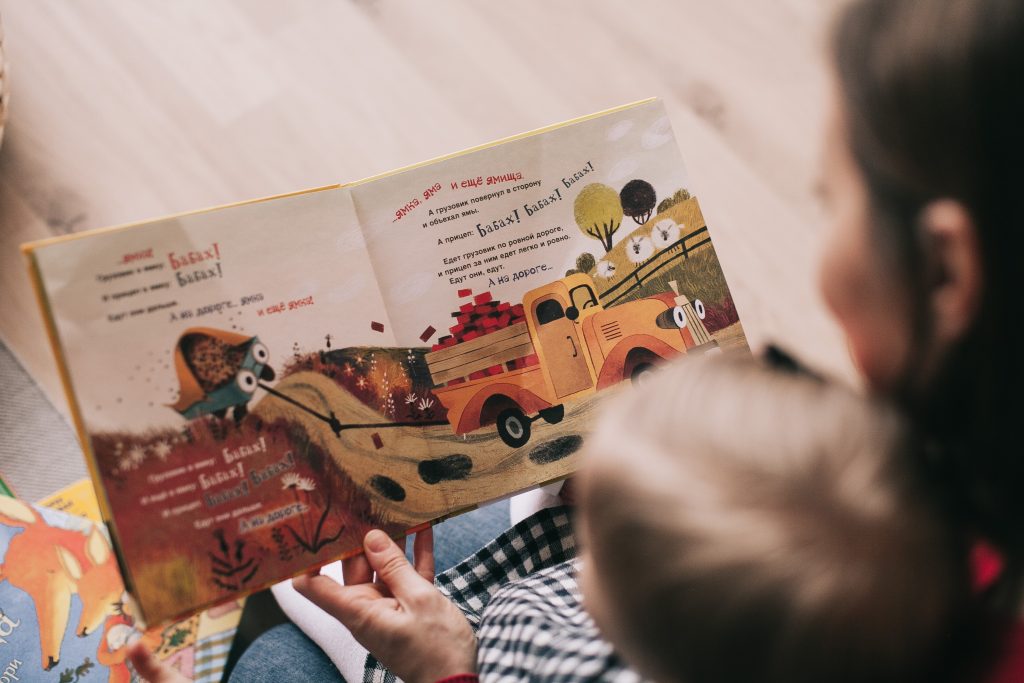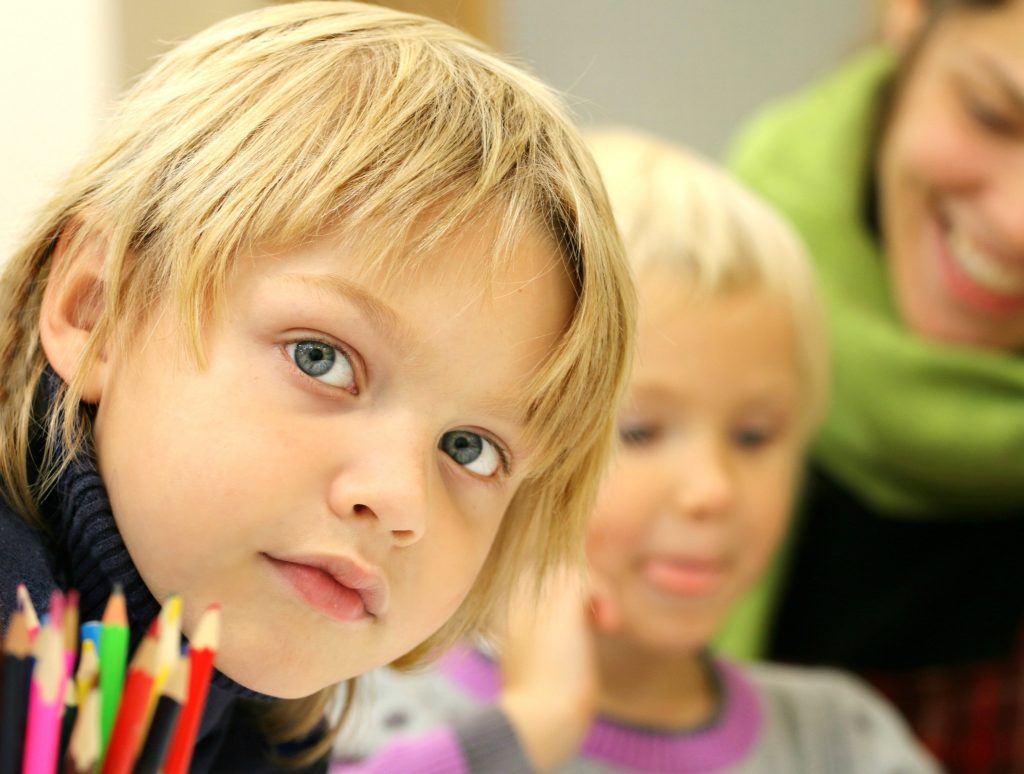Gender Stereotypes in Mi’gmaq Infants and Toddlers
At birth, the brains of boys and girls differ only in reproductive function. Children aged 1 to 3 years old therefore have the same cognitive (intelligence, reasoning, memory, attention, spatial identification) and physical skills (Vidal, cited in Piraud-Rouet, 2017). The differences that develop between girls and boys are attributable to the plasticity of the brain, that is to say, its ability to transform with learning and environment (Piraud-Rouet, 2017).
Specificities About Mi’gmaq Infants and Toddlers Learning Styles
The socialisation of children is gender-differentiated during early childhood, whether through their environment, the toys offered to them, their families or the staff in educational care settings (Amboulé Abath, 2009). Consequently, children undergo a gender-differentiated educational experience. This section deals with how gendered socialisation modulates the characteristics of the children’s connection to learning.
General recommendations
Here are a few general recommendations to think about when you interact with children, organize activities for them and provide them role models, organize your environment, choose toys for them to play with, as well as recommendations for your work team, for the parents you are working with and as part of a reflexive practice.
Tools suggested vary from one language to another, meaning that some tools showing up in English aren't available in French and vice versa. If you wish to explore tools available in another language, use the language selector in the main menu.
No post to display.



